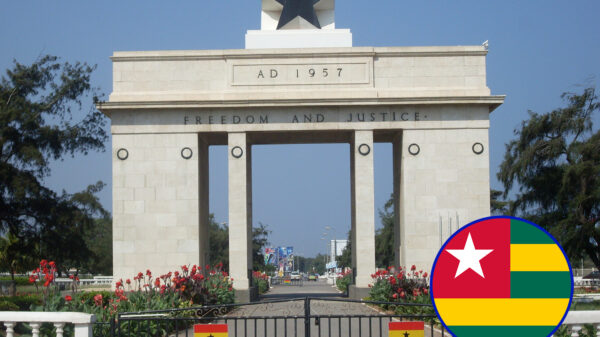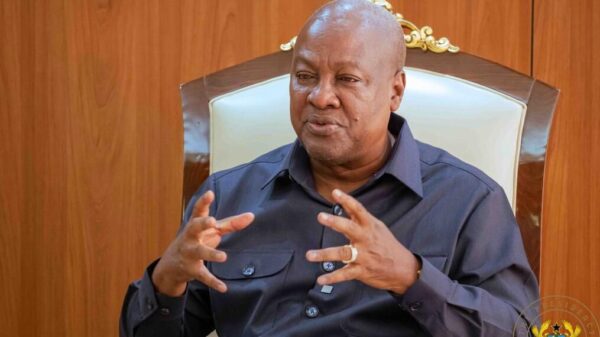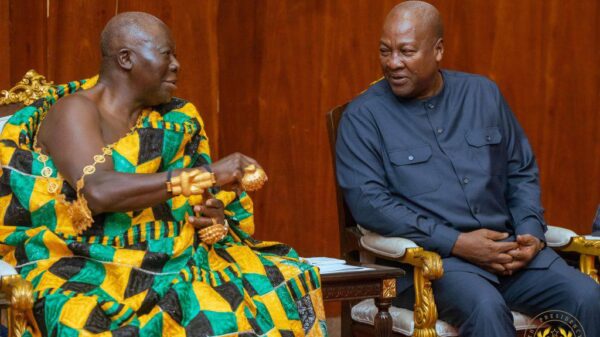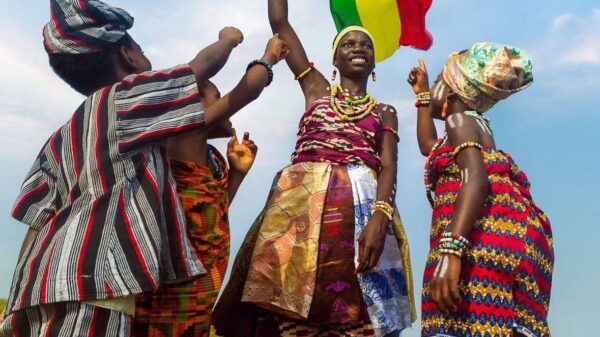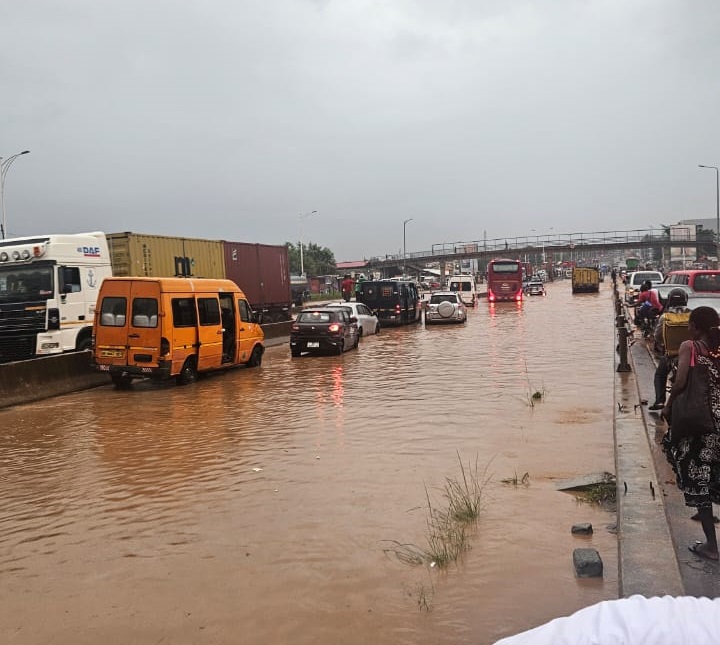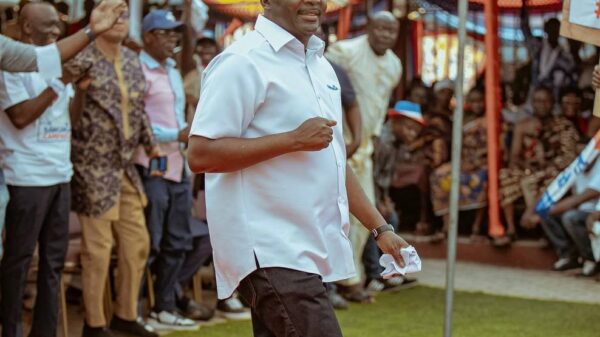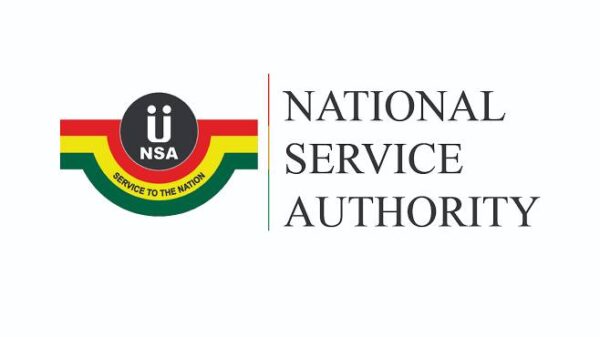What if the real disaster isn’t the rain, but how we keep failing to prepare for it?
On Sunday afternoon, a heavy downpour lasting nearly three hours brought large parts of Accra and its surrounding municipalities to a complete standstill, yet again. The rain, which started around 3:00 p.m., unleashed chaos across Weija, Kaneshie, Adabraka, Adentan-Dodowa, the Ofankor Barrier stretch, and parts of Tema West. As water poured from the sky, streets turned into rivers, homes were submerged, and countless residents were left stranded.
Commuters were hit the hardest. Roads became impassable, and traffic gridlock stretched from St. John’s Hospital through Ofankor and beyond. Some drivers were forced to abandon their vehicles, while others sought refuge in nearby shops and buildings. Eyewitnesses recounted terrifying scenes cars floating, people wading through knee-deep water, and families using buckets to scoop water out of their homes.
But we’ve seen this before, haven’t we?
From Circle to Sakaman, from Odawna to Ashaiman, flooding is no longer an occasional disaster; it’s become a seasonal certainty. Every rainy season, Accra reveals its most fragile truth: that it was never built to withstand even the most ordinary weather.
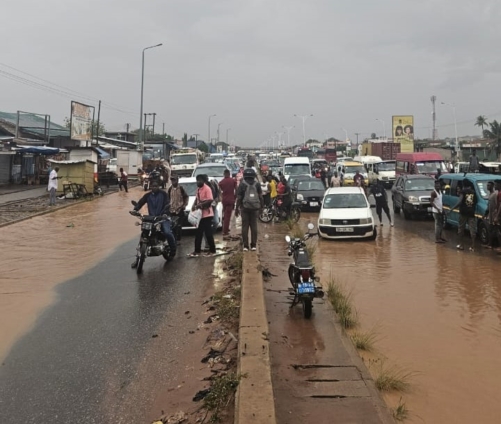
And that’s the real tragedy.
Floods are not just about rain.
They are about blocked and broken drains.
About plastic waste dumped indiscriminately into gutters.
About unauthorized buildings choking water channels.
Years of leadership that see the problem, make promises, and then look away.
Sunday’s flood, just like many before it, raises renewed and urgent concerns about Accra’s poor drainage systems, unregulated construction, and weak urban planning. Despite countless declarations and budget allocations, the situation worsens with each storm. The water rises, and the same questions come flooding back:
Why does this keep happening? Who is responsible? And what are we doing to fix it?
NADMO, speaking to Channel One TV, confirmed they received numerous distress calls, though no casualties had been reported yet. But that’s not reassurance; it’s a reminder of how close we come to disaster every time the clouds gather.
So what’s the solution?
It begins with honesty: Accra’s flood problem is man-made, and only man can fix it.
Drainage systems must be redesigned and expanded, especially in high-risk flood zones like Odawna and Kaneshie.
Building codes must be enforced, not ignored or politicized. Waterways are not places for markets or homes.
Public education campaigns must be consistent and community-driven, teaching people not to dump waste into drains and gutters.
Plastic pollution must be tackled not with talk, but with action. We need bold steps to ban non-biodegradable plastics and support recycling.
And most importantly, we must shift from reaction to prevention. Long-term investment in city planning, stormwater infrastructure, and floodplain management must replace the cycle of emergency response and blame.
Citizens also have a role. Civic responsibility cannot be optional. We cannot continue pointing fingers while choking gutters with sachets and building on wetlands ourselves. Change begins with all of us.
Ghana cannot become a truly modern nation if its capital floods with every rainfall.
Until we take responsibility, enforce the law, and invest in the future, every storm will remind us of what we refuse to fix. Floods in Accra are not acts of God they are failures of governance, planning, and collective will.
Let’s break this cycle. Let’s stop drowning in excuses.
The rain will come again, but will we be ready? That part is up to us



